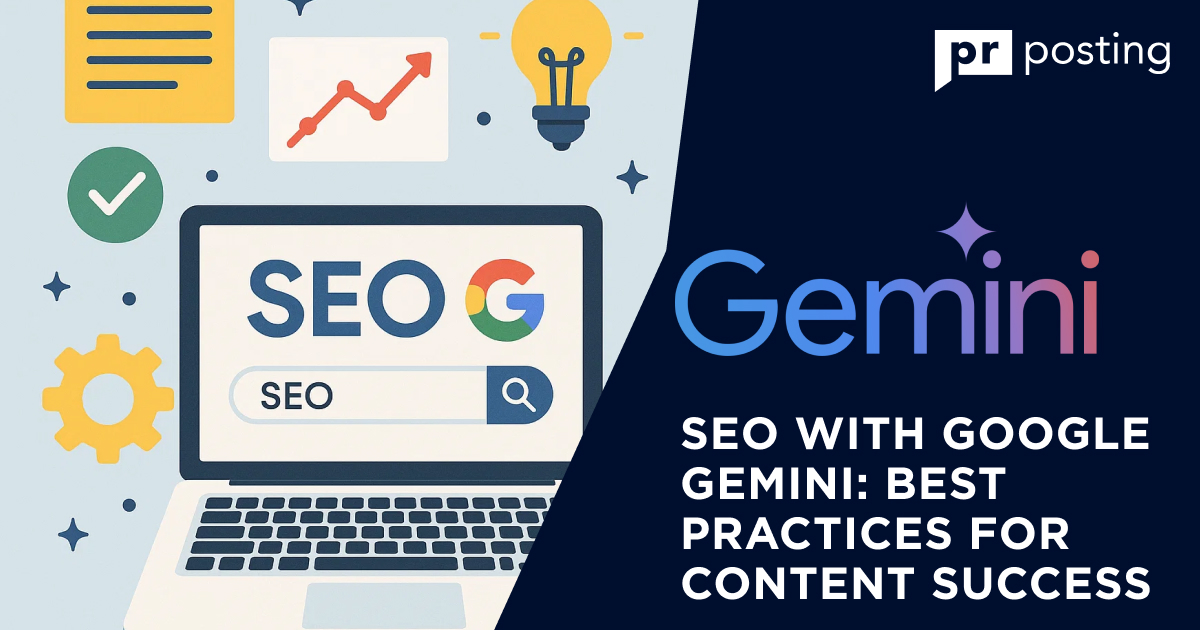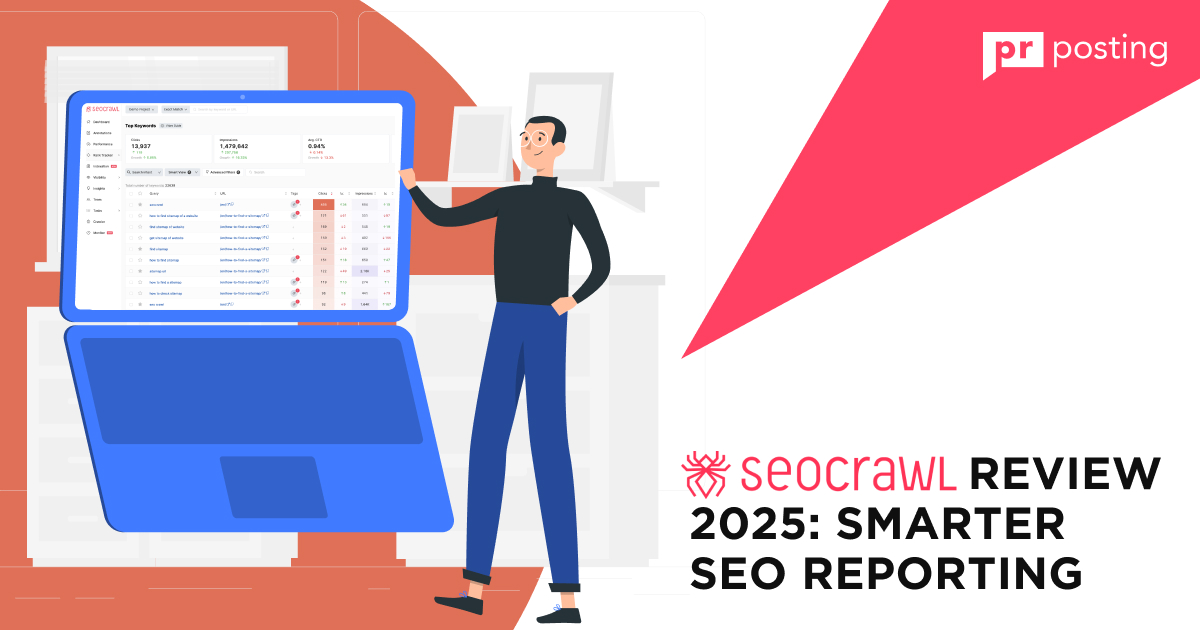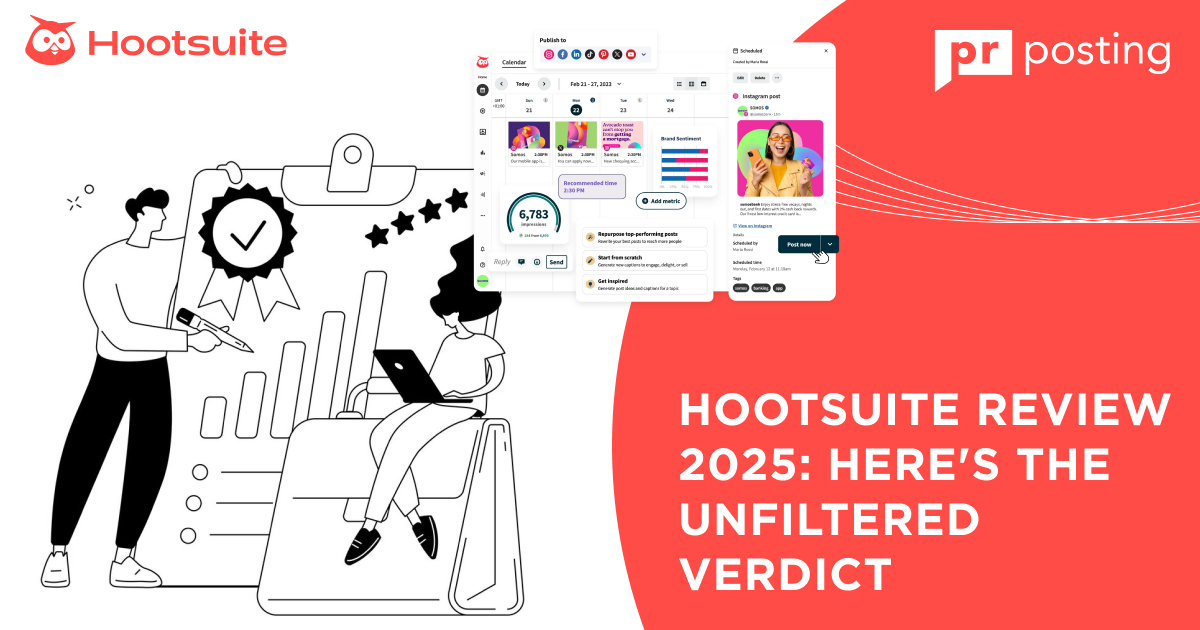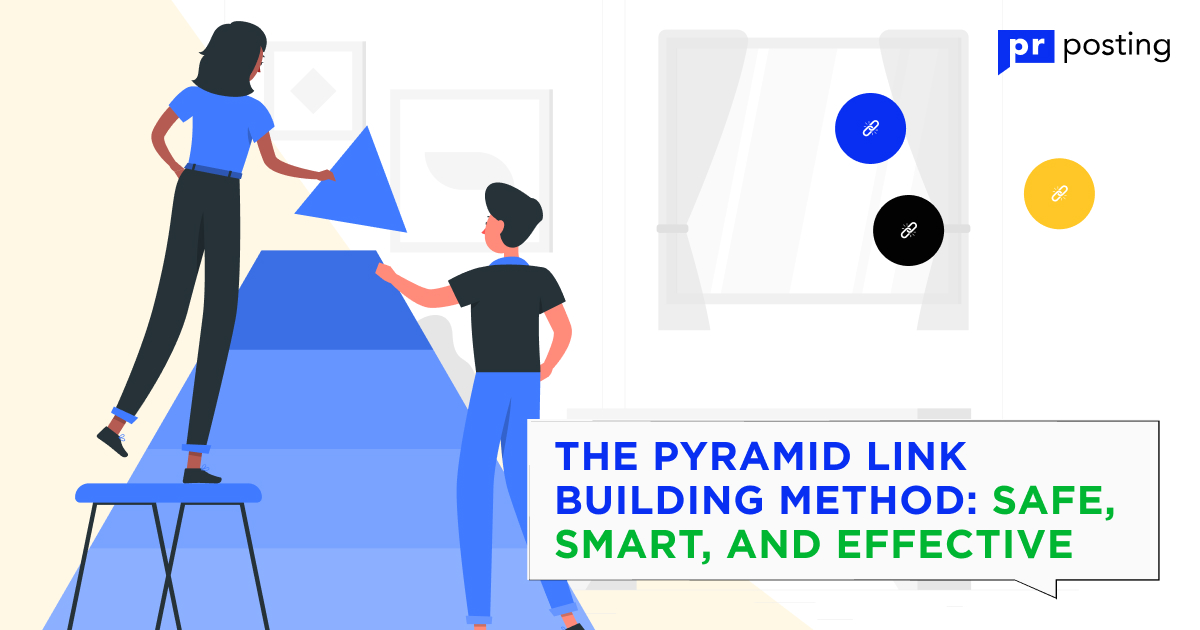SEO with Google Gemini: Best Practices for Content Success

So, what makes Google Gemini SEO important? The system doesn’t just crawl pages. It studies them. Gemini uses data from tools like Google Search Console and Analytics. Your content strategy should be aligned with how it processes that data.
Gemini thrives on clarity. It highlights relevance and context. To show up in answers, your page must offer real help. Vague or shallow posts won’t work.
What Is Google Gemini Used for?
It reads text, scans images, and watches videos. Then, it builds a reply from all those layers. If your content helps users act or decide, Gemini will find it.
Use these best practices to prepare your content for AI answer engines like Gemini.
What Is Google Gemini?
Gemini is Google’s next-gen AI model. Unlike old systems, it works across formats.
Key Features
- Uses MUM and BERT for language capabilities.
- Understands input from text, images, and video.
- Feeds into products like Search, Chrome, Docs, and more.
Gemini doesn’t replace search. It upgrades it. It draws answers from its training set and recent content online.
How Much is Google Gemini
Gemini has been included in all Google Workspace plans since Q4 2024.
- Starter plan — $6 per user per month.
- Business Standard — $12 per month.
- Business Plus — $12 per month.
- Enterprise plan pricing is customized for each company.
- Gemini Business add-on costs $20 per user monthly.
- Education plans start at $18 per user per month.
Gemini app access is included in these base plans. Gemini in Gmail, Docs, etc. needs a paid add-on.
Why Gemini Matters for SEO
Gemini doesn’t show ten blue links. It gives direct replies. So, if you rank, you get seen.
Here’s how it affects SEO:
1. Real-Time Results
Gemini learns from recent updates. If your site reflects fresh information, it has a better chance of showing up.
2. Personal Context
The model adapts its answers. It reads the user’s location, device, and past questions. Generic content won’t win.
3. Multimodal Signals
Gemini reads images and video like it reads text. Pages using all three get better visibility.
Boost Content for AI Answer Engines
Follow these steps to get ahead:
1. Use Real Queries
Gemini prefers full sentences. Try formats like:
- What is…
- How do I…
- Why should I…
2. Break Down Content
Use subheadings and bullet points. They help users and bots view content.
3. Update Often
Keep your posts fresh. Gemini learns from new input daily. Update your content by updating facts, links, and outdated text.
Support from Online Mentions
Links still count. But Gemini also reads unlinked mentions, reviews, and local profiles.
Easy Wins:
- Build a Google Business Profile.
- Get listed in local directories.
- Ask for customer reviews.
Each mention helps prove that your site matters.
Competitive Insights
Use Gemini to run competitor content analysis. Ask it to analyze your page and compare it with your competitor’s page. It can show what they say better and where you can win.
Key Technical Enhancements
Ensure HTTPS and Site Security
Security affects ranking. Gemini avoids pages marked as unsafe.
Secure your pages:
- Install an SSL certificate;
- Use HTTPS for every URL;
- Check links for broken redirects;
- Avoid sketchy third-party scripts.
A safe site gains trust from users and bots.
Add Structured Data
Use schema markup to define meaning. Help AI-powered search engines understand your content structure and key details.
How schema markup helps:
- Defines your page layout;
- Points to author names, dates, and ratings;
- Supports featured responses and summaries;
- Tells Gemini what your content means, not just what it says.
Mark up FAQs, recipes, reviews, and events. Use the Google RichResults test to check the accuracy of your structured data.
Create answers that respond directly.
Optimize Speed
Slow sites fall behind. Identify and fix speed issues with proper SEO tools.
Quick wins:
- Enable lazy loading;
- Compress files using Brotli;
- Minimize CSS and JavaScript;
- Use a fast DNS provider;
- Remove unused plug-ins.
Mobile users bounce fast. Don’t give them a reason.
Improve Site Architecture
Flat-file websites perform better. Deep structures slow things down.
Build a smart layout:
- Keep key pages within three clicks.
- Use breadcrumbs for clarity.
- Add context in link anchors.
- Connect similar topics.
- Use a sitemap and robots.txt file.
Crawlers follow paths. Make yours simple.
Improve Mobile Layouts
Gemini favors fast, readable mobile pages. Large fonts, short sentences, and no popups help.
Core SEO Strategies to Rank in Google Gemini
Google Gemini SEO takes a more focused approach than previous systems. It judges clarity, structure, and depth. If your site doesn’t have this, it doesn’t stand a chance.
AI answer engines like Gemini prioritize function over form. They look for precision, not filler. To stay visible, your pages must serve direct answers.
Make Content Crawlable and Accessible
Gemini scans and sorts fast. It skips all sites it can’t read.
Do this first:
- Use clear headings;
- Write short paragraphs;
- Avoid JavaScript blocks;
- Compress large images;
- Add alt text to visuals.
Keep the structure clean. Avoid walls of text. Use spacing to guide the reader.
Publish Authoritative and Unique Content
Content still drives traffic. But Gemini filters recycled ideas.
Give new angles:
- Use expert insights;
- Offer original data or quotes;
- Add quizzes or tools;
- Answer trending questions;
- Compare tools like Google Gemini vs ChatGPT.
The more useful your post, the longer it survives.
Make users stay:
- Add videos or slides;
- Break content into steps;
- Include graphs, charts, or timelines.
Refresh Content Regularly
Old content becomes irrelevant. Gemini pays great attention to updates.
Stay sharp:
- Replace outdated stats;
- Add new subtopics;
- Improve formatting for readability;
- Update internal links;
- Test how pages appear in snippets.
Set reminders. Update often.
What Gemini Notices
Gemini doesn’t just read. It interprets. You need to match that level.
Gemini favors:
- Consistent publication schedules;
- Verified author profiles;
- Topical clusters around key terms;
- Contextual linking between posts.
Optimizing Content for Gemini
Improve Content Readability
- Use clear headings every 150 words;
- Short paragraphs (2–3 lines);
- Add tables and lists;
- Avoid run-on sentences;
- Active verbs and clear subjects;
- Zero jargon or vague terms;
- Readability tools like Hemingway or WebFX;
- AI-powered readability edits via Gemini or Claude.
Avoid long blocks of text. Gemini reads fast. So should your visitors.
Use Clear Headings and Short Paragraphs
Split ideas with a purpose. Don’t let walls of text pile up.
For each page:
- Use H2s to break sections;
- Add H3s for details or lists;
- Keep intro paragraphs under 40 words;
- Add space between bullet points;
- Highlight key terms or answers early.
This structure helps Gemini pick answers fast. Use tables and lists to add clarity.
Avoid Run-On Sentences
Long sentences confuse both users and AI. Keep ideas clear.
Quick fix tips:
- Start new lines for new ideas;
- Read each line aloud before publishing;
- Rewrite any sentence over 20 words;
- Replace commas with full stops.
AI powered search engines like Gemini or Claude can flag these. Try AI readability edits.
Integrate Personalized Content
Gemini adjusts based on context. Your content should do the same.
Add smart responses:
- Use quizzes or filters;
- Provide layered answers;
- Let readers explore deeper paths;
- Use prompts like “Still curious?” or “Want more options?”
- Insert user-specific suggestions based on location or time;
- Show nuanced recommendations;
- Encourage further conversation with Gemini-like prompts.
Personal responses boost relevance. Your content must feel readable. Gemini ignores bulky structure.
How Google Gemini vs ChatGPT Differs?
Gemini adapts based on prior input. Gemini scans with context. It reads signals, not lines.
To rank, stop gaming keywords. Build clarity. Think like your reader. The best content answers questions before they’re typed.
Shifting Keyword Strategies for Answer Engines
Answer engines like natural wording. Traditional keyword stuffing won’t help. These systems care more about meaning than match. You need a sharper method now.
Gemini learns from how users speak, not how marketers write. To boost Google Gemini SEO, your content must answer real questions. Forget about strict wording. Follow search intent instead.
Target Conversational Search Queries
People don’t search like bots. They ask full, casual questions.
Examples:
- “What are the best places to visit during summer?”
- “How to reduce electricity bills in summer?”
- “Best food spots near me right now?”
These match how people speak to AI answer engines. Your goal? Follow that tone.
Here’s how:
- Start with common, spoken phrases.
- Use tools like People Also Ask.
- Add Gemini to test intent phrasing.
- Prioritize long-form questions.
- Avoid short-tail keywords with no clear purpose.
Build Hub and Spoke Content Models
Gemini favours clear content groups. Flat websites win here, too.
What is a Hub and Spoke Model?
- One main page (hub) covers a broad topic.
- Subpages (spokes) answer related questions.
- Each links back to the hub.
Example:
Hub: “Good places to visit in summer.”
Spokes:
- “Top family-friendly beach towns in July.”
- “Budget summer trips in Europe.”
- “Best solo travel ideas for August.”
This format helps Gemini understand the context. It also boosts crawl efficiency.
Rethink Keyword Research
Gemini doesn’t chase keyword volume. It reads user intent.
Adjust your tools:
- Use Gemini to find semantic links.
- Try Claude for phrasing suggestions.
- Study query types, not search counts.
- Explore long-tail patterns.
- Add modifiers like “near me,” “for teens,” and “without flying.”
Combine competitor content analysis with Gemini results. See what gaps exist. Don’t just copy. Improve.
Tracking SEO Success with Gemini
Google Gemini SEO changes how marketers measure impact. Standard tools fall short. AI reshapes how we track, compare, and improve.
Gemini watches behaviour, not just numbers. It observes how users engage with answers, not links. You need to match this new trend.
Monitor Gemini Mentions Manually
Gemini’s feedback loop reveals what content rises. Start with tracking.
How to check Gemini mentions:
- Ask Gemini direct questions.
- Spot any brand or page citation.
- Log each mention in a sheet.
- Record context: answer box, source, position.
- Repeat weekly for trends.
You won’t see classic rankings here. Gemini pulls responses from structured data, relevance, and value.
Use Spreadsheets to Track Over Time
Numbers grow clearer with records. Use sheets to detect patterns.
What to include:
- Query type;
- Date;
- URL cited;
- Format used (list, paragraph, table);
- Visibility notes (top result, hidden, linked).
Group your posts by topic. This allows you to assess the scope of the topic. Over time, you’ll see which pages perform better.
Analyze Performance with Gemini
Key data points:
- Impressions tied to answers;
- Dwell time on cited pages;
- Click-throughs by content type;
- CTR split by mobile and desktop.
AI answer engines reward clarity and focus. Use Gemini’s suggestions to restructure. Emphasize the summary. Clear up the clutter.
AI-Powered Reports for Strategy Shifts
Gemini can summarize your content impact. Ask for trends.
Prompt examples:
- “Show the top ten questions my site answers well.”
- “Where do competitors outrank us?”
- “What content types pull top answer spots?”
The answers can help you make content decisions and deepen your point of view. Use AI answer engines for frequent calibration.
Competitor and Content Gap Analysis
Winning content leaves clues. Gemini helps you find them fast.
Study competitors:
- Enter niche-related questions into Gemini.
- Note which domains it cites.
- Examine structure, depth, and keyword use.
- Log backlink sources.
- Compare tone and formatting.
This is more than basic competitor content analysis. You’re looking for gaps you can close.
Discover What Helps Others Rank
Gemini always shows the answers to the point.
What to watch:
- Content types that win: guides, tools, visuals.
- Subtopic coverage: full or partial?
- Use of schema and clean code.
- Headline formats Gemini repeats.
This shapes how you expand existing work. Gemini will tell you which content is weak or irrelevant.
Expand Existing Content for Depth
Don’t just write more. Write smarter.
Use Gemini’s prompts to:
- Spot missing subtopics;
- Add the FAQs Gemini suggests;
- Insert relevant media or data;
- Layer in semantic terms;
- Improve readability with lists and clear headers.
These updates bring new ideas. Gemini prefers live, evolving content.
Address Questions Gemini Prefers
Gemini tends to lean toward informative and direct answers. You must match this tone.
Tips to align:
- Frame headers as questions;
- Start with a direct reply;
- Add examples below;
- End sections with “You might also ask…” prompts;
- Include comparisons like Google Gemini vs Chatgpt.
This structure helps Gemini pull cleanly. It boosts answer placement odds.
Conclusion
What is Google Gemini used for? It helps users find fast, clear responses. For SEO, it scans structure, depth, and relevance. Gemini shifts attention from rankings to usefulness.
To stay visible, think beyond links. Align with how AI answer engines assess value. Let Gemini help you refine, revise, and rise.
More Like This

SEOcrawl Review 2025: Smarter SEO Reporting



